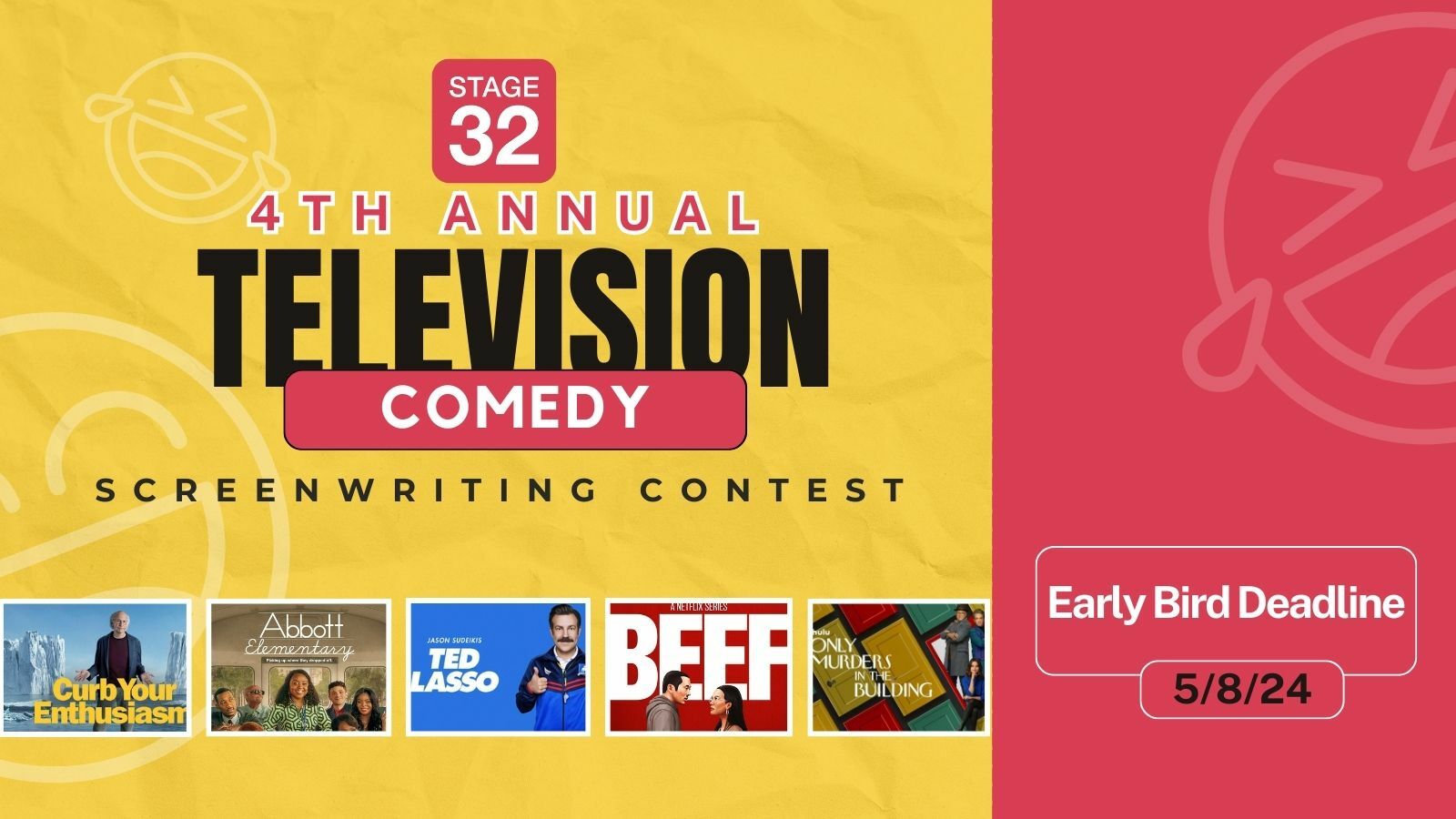I have really enjoyed expanding my network on Stage 32, but in doing so I've noticed how many people call themselves "Script Consultants." As someone who has run one of the more successful script consulting companies around for the last 5 years, and has worked in the industry over 11 years, here are some general rules: If you have read a few scripts of your friends and gave them notes, you are NOT a Script Consultant. You're a friend. If you have optioned one script once, you are NOT a script consultant. You're an amateur screenwriter. If you worked as a reader for one production company for a while or interned at a production company, you are NOT a Script Consultant. If you have never lived in LA or NY and have never worked in the movie/TV business in a way that is DIRECTLY related to scripts, development, writers, screenwriting, producing, selling, or pitching, etc - then you are NOT qualified to call yourself a Script Consultant and charge for notes. (this excludes UK or Canadian consultants who work in that local area) There's a big difference between someone who can give you notes, and someone who should CHARGE for giving notes. Please, writers, DO YOUR DUE DILLIGENCE. Working with a script consultant can be a wonderfully rewarding and helpful experience that can help you, your writing, and your projects improve. But make sure the person you're working with has the bio, the experience, and the ability to actually HELP you.



What are some of the key things (experience) a writer should be looking for in a Script Consultant to help them differentiate them from the rest?
In your opinion, WHO are legitimate script consultants? In other words, if you were a screenwriter on the market for a consultant, who should be on your top ten list?
This is a particular problem in the UK as the connections to the market are quite often more vague. My personal stance on it is to avoid consultants altogether but then I've been almost a decade in the industry and have representation so my scripts get due process from the production line. For new writers, I'd advise doing your reading, doing a lot more writing and test your scripts with young, upwardly mobile directors and producers who will give you the best kind of notes, usually for free and may even jump onboard getting your script made.
Amen, Danny. Amen!
Well said Danny! A lot of self-proclaimed "consultants" have appeared here on Stage 32. It's prudent to vet someone before investing your time, money and aspirations. :)
I've worked with all of these guys and got phenomenal notes: Script Quack, Erik Bork and Script Doctor Eric. If you are trying someone new, just ask for sample coverage. If they know what they are doing it should show in their work. I've found experience comes into play if your "consultant" is going to offer suggested fixes. It seems like anyone can point out what is not working but how you make it work is another story.
Craig, you want to look for people who have worked in the industry in a way that would give them the story experience to be able to properly help develop your project. You should look for key words in their bios. When a consultant says "worked with the development office" - that usually means they were an intern. If they say "worked under the President of the Company" that usually means they were an assistant. And if they say "was a reader for..." that means they've never actually worked WITH writers - they have just read a lot of scripts and wrote a lot of coverage. If you ask me, you want to look for someone who has not only read a ton of scripts and written some coverage, but have done NOTES - development notes - on a project. Has pitched a project, bought a project, sold a project. Has worked with writers at different levels. And remember - there's a big difference between coverage and notes! In terms of who I would suggest...well, obviously I'd suggest myself. I run No BullScript Consulting. But other than me, it's hard to say because I'm friends and colleagues with many of them...
2 people like this
Danny, I have to argue/add to certain points in your post, for the benefit of less industry-experienced writers on here. First, I'll say that I came across your business some time ago and I've had you on my radar. Second, nothing qualifies a script consultant except for the actual success of their consulting. Unfortunately, the quest to find a good/legit script consultant is far more complex than you let on. The fact that a consultant has worked "in the industry" for a certain period and even worked directly with writers and developed and sold projects can often be a smoke screen. The industry is relatively large and diverse when it comes to the unique experiences people working within it have. And there's a reason why the majority of the movies in the megaplexes are mediocre or worse: just because someone has worked in the industry, in any capacity, and has achieved some degree of financial success, does not mean that they even have a clue about what their jobs are. All of you honest folks who have been inside know what I'm talking about, and I know you do too, Danny (I don't know you, so I certainly do not mean to suggest that I'm lumping you into that group). There are more BS artists out there than true craftspeople. I can't tell you how many times I've witnessed a creative exec-turned-story consultant just talk their way through a notes meeting, regurgitating "rules" that don't apply to the situation (but sound good to even more creatively-inept execs/producers). One gentle-lady, clearly caught off guard, proceeded to argue that the concept of setups and payoffs was getting "stale" in "today's blockbusters." Yeah, Iron Man 3 really screwed the pooch with that stale, old setups and payoffs gag. She was making a ton of money per week and was brought in by the development director (a friend). She has worked many years in the industry and ushered a few projects which were made and released. None of them were good and they faded away fast. So, my point, finally, is that it is often more important to ask the prospective consultant what projects and what people they have worked on/with and whether or not you feel, as the writer, that their specific experience applies to your script. A consultant whose shining achievement was guiding the writers on Wrong Turn 3 may not be ideal for your Frank Pierson-esque character drama. You must ask if they don't say upfront. And not all consultants have experience working with the needs of directors and producers. Working on a script that will be submitted to directors or has already been optioned is often very different from writing a script to get through "common" readers at agencies (especially agencies), studios, and production companies. Knowing that a consultant has worked in the "industry," with "writers," and has seen their projects "made," can only tell you about their financial or subjective personal success. The only real measure for knowing the quality of their consulting work is to know what they've done and who they've done it with. I do applaud you, Danny, for giving a detailed run-down of your experience in the bio on your website. That's a lot more than many consultants out there. With that, good day, sir!
Doug I don't wholly disagree. and yes there are other things that go into it and other questions to ask to get deeper into each consultant. But despite what types of films or people someone might have worked on, they are still going to be better than someone who has never worked on ANY. God knows not every development exec is great at their job or would make for a good consultant - I'm not saying they would. But there are so many people on here (and out there in the world) describing themselves as Script Consultants and have ZERO experience except that they've read some of their friends work and those friends thought they gave good notes. THOSE are the types of people new writers should avoid. But you're right - and that's why the title of the post was Do Your Due Dilligence!!
I was indeed looking deeper into the question, and I should've mentioned first off that I absolutely agree that some professional experience is better than nothing! All the best, Danny.